|
Nigerians have had to bear the brunt of terrorist attacks for decades and paid a heavy price in terms of lives lost, livelihoods destroyed and even territory being ceded. Some successes have been recorded against groups such as Boko Haram and the Islamic State in West Africa. But, they keep coming back with renewed vigour and Nigeria’s armed forces appear helpless in stemming the tide. Why? Sheriff Folarin argues that terrorism in Nigeria is
rooted in ethnic, religious, partisan politics and corruption. To win against the terror groups requires the government to eschew nepotism and ethnic or religious sentiments. And to deal decisively with corruption.
Corruption is also the reason young people aren’t getting their fair due in the Niger Delta. As Tochi Alozie explains, local leaders blame young people for violence in the region and accuse them of being lazy. But politicians are in fact responsible for maintaining high levels of inequality, and for excluding young people. The way forward is accountability from institutions as well as the need to challenge common misconceptions about young
people in the Delta.
The African National Congress has governed South Africa since the end of apartheid in 1994. Its members and supporters like to refer to the party as “the glorious movement,” because of its role in the fight against apartheid and championing a free, prosperous, non-racial South Africa. However, its track record in government has been chequered, to put it mildly, marred by grand corruption and looting of state resources by some of its leaders and their apparatchiks. Gavin Evans reflects on a book that paints a scary picture of how this fierce competition for state resources sometimes becomes deadly. He tracks how intra-party political assassinations have become a common feature in the KwaZulu-Natal
province.
|
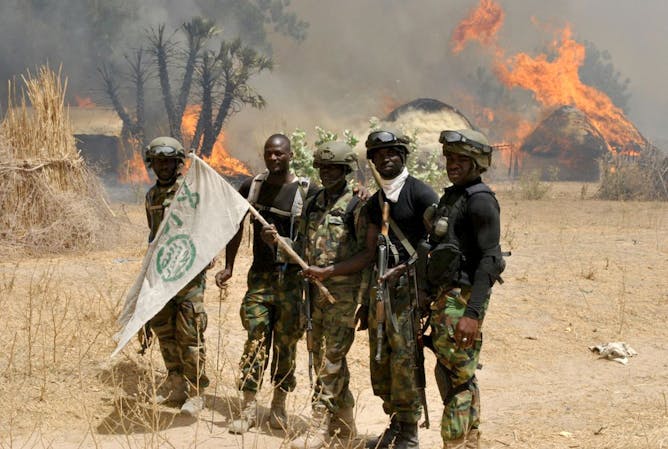
Anadolu Agency/Getty Images
Sheriff Folarin, Covenant University
Nigeria must eschew nepotism and ethnic or religious sentiments in the war against terror.
|
Politics + Society
|
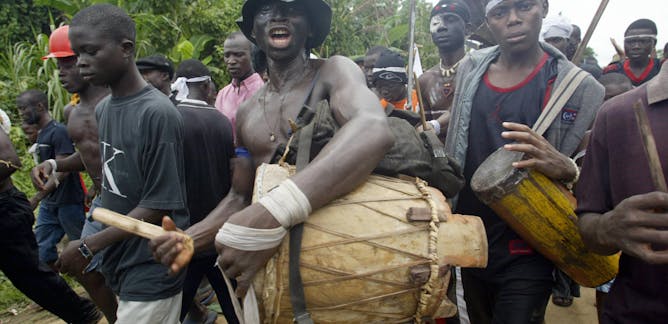
Modesta Tochi Alozie, University of Sheffield
Young people's lives in the Niger Delta have not improved because development agencies have been hijacked by local leaders
| |
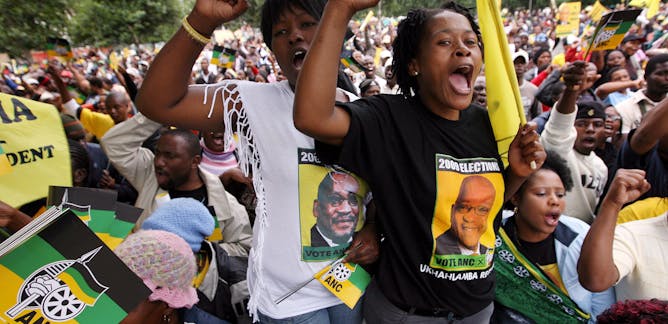
Gavin Evans, Birkbeck, University of London
Author shows how politicians intent on settling problems by physically eliminating opponents tap into a ready source of assassins from within the taxi industry.
|
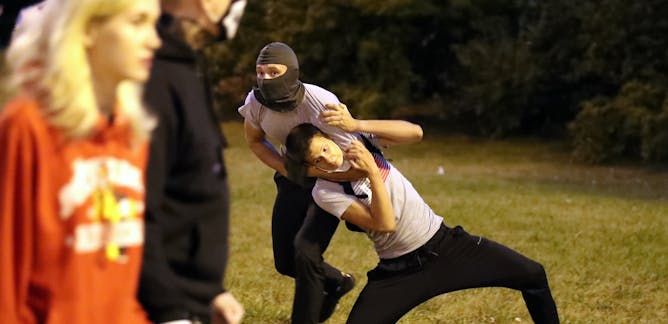
Balki Begumhan Bayhan, Coventry University
State controlled exit poll gives authoritarian president Alexander Lukashenko 80% of the vote.
| |
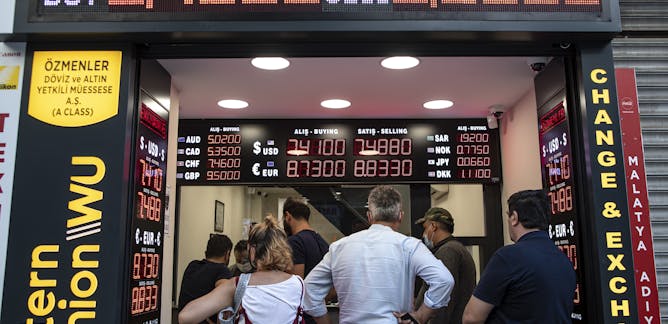
Gulcin Ozkan, King's College London
It's two years since Turkey's last near-death experience, and the same short-term fixes are unlikely to work again.
|
|
|
Energy + Environment
|
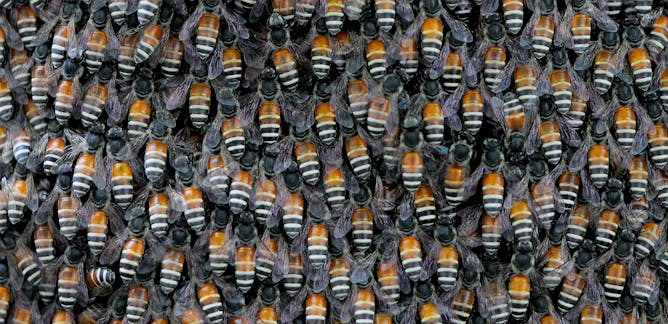
Barbara Smith, Coventry University; Mark Brown, Royal Holloway
Honey bees in the most polluted parts of an Indian city were more likely to die sooner and showed clear signs of poor health.
| |
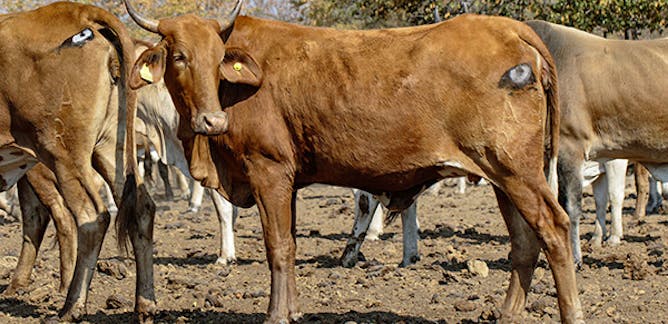
Neil R Jordan, UNSW; Cameron Radford, UNSW; Tracey Rogers, UNSW
Many carnivores are ambush predators. Being seen by their prey can lead to them abandoning the hunt.
|
|
|